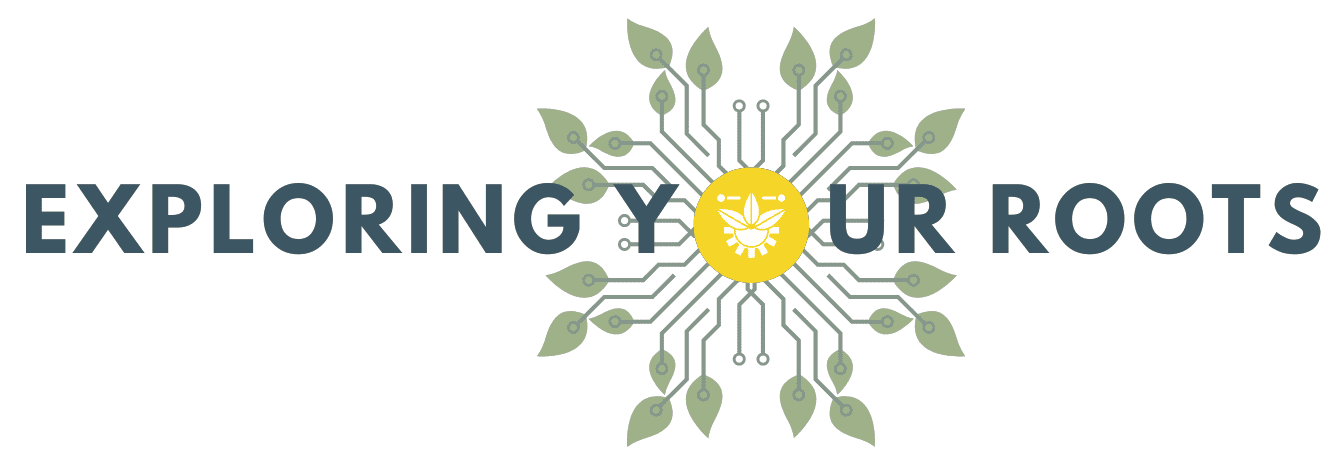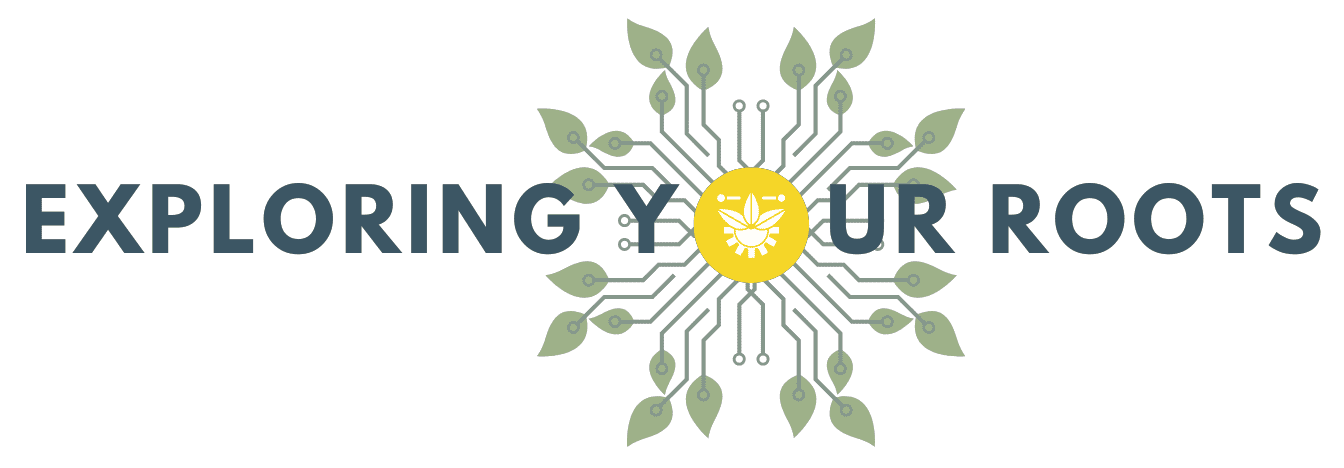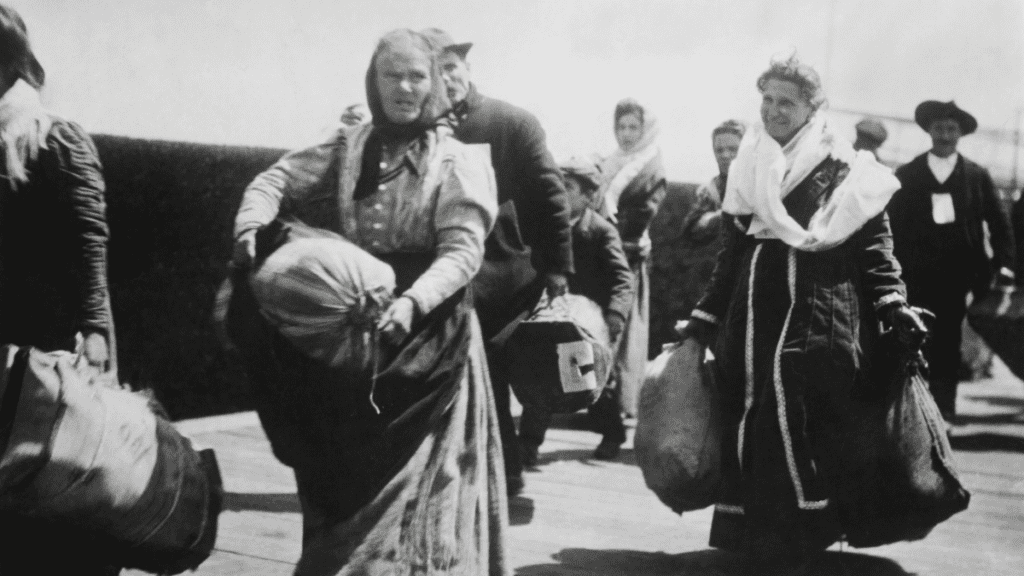Have you ever wondered if ancestral trauma and the difficulties previous generations endured can impact future members of your lineage? Are reactions to things that happened long ago passed down to those born many years later? At first glance, it may seem that leaving the past in the past is a good way to get beyond ancestral trauma. But a growing body of evidence indicates that the ways in which our ancestors responded to distressing events can be passed down. The field of epigenetics is a groundbreaking area of study that helps us understand the intergenerational transfer of trauma.
What Ancestral Trauma Means
Let’s start by exploring what ancestral trauma means. Trauma can be defined as a deeply distressing or disturbing experience that overwhelms an individual’s ability to cope. Our ancestors might have gone through events like wars, famines, or persecution, leaving a lasting imprint on their emotional well-being.
Epigenetic Expressions of Trauma
Epigenetics, the study of changes in gene activity without altering the DNA sequence, helps us understand ancestral trauma. Research suggests that traumatic experiences can modify the expression of certain genes, affecting how they function in our bodies.
Epigenetic marks, which are chemical modifications to our DNA, can be influenced and changed by our environment. These marks can turn genes “on” or “off.” Depending on the functions of those particular genes, changes to our physical and mental health can occur as a result. While DNA provides the blueprint for our biological inheritance, epigenetics adds an extra layer of complexity to our understanding of heredity by tracking how epigenetic marks pass to offspring.
Scientists have discovered that certain epigenetic marks associated with trauma can be passed down for several generations. These marks can affect various aspects of our lives, such as our stress response, mental well-being, and even susceptibility to certain diseases. By examining these marks, researchers are gaining insights into how trauma can echo across time.
Working With Ancestral Trauma
Recognizing and addressing ancestral trauma can be crucial for our healing and personal growth. By understanding the link between our family history and our own experiences, we can gain a deeper sense of empathy and compassion for ourselves and others.
One way to approach this healing journey is through genealogical research and family storytelling. Studies have shown that individuals that know more about their family history, particularly the ups and downs of those in their ancestral lineage, show greater resilience when faced with traumatic or stressful events. Understanding family history is also shown to improve well-being. In a study conducted at Emory University, “Standardized measures showed that children in the families that told the more coherent family narratives had better self-esteem, higher levels of social competence, higher quality friendships, and less anxiety and stress. They also had fewer behavioral problems, as reported by parents.”
Another approach is through therapy or counseling. By working with a professional, we can explore our family history, identify patterns, and learn strategies to break free from negative cycles. Additionally, practices like mindfulness, meditation, and creative outlets can help us process and release inherited trauma. The article “Geneatherapy: Using Psychology, Epigenetics, and Neuroscience to Better Understand Our Ancestors,” by geneatherapist Helen Parker-Drabble offers additional insights.
Opportunity for Self-Discovery and Healing
Delving into the realm of ancestral trauma offers us a profound opportunity for self-discovery and healing. Epigenetics sheds light on how the experiences of our forebears can shape our lives today. By acknowledging and understanding our family history, we can break free from unconscious patterns and create healthier and more fulfilling lives. While ancestral trauma can influence us, we also have the power to reshape our narratives and build resilience.
Remember, each of us is part of a rich tapestry woven with the threads of our ancestors’ experiences. Together, we can navigate the complexities of ancestral trauma and create a brighter future for ourselves and generations to come. We can honor our ancestors by embracing our heritage, seeking support when needed, and nurturing ourselves and future generations. By doing so, we can cultivate a legacy of healing and growth that transcends the boundaries of time.
If you’re interested in exploring this topic further, read “The Body Keeps the Score” by Bessel van der Kolk and “It Didn’t Start with You” by Mark Wolynn. These resources provide deeper insights into ancestral trauma and offer practical tools for healing.
Be sure to visit out post Can Ancestral Healing Transform Your Life? for actionable steps to identify and work with ancestral trauma lurking in your family history.
DISCLAIMER: Please note that the information provided on this site is informational only and is not intended as medical advice or therapeutic service of any kind.


